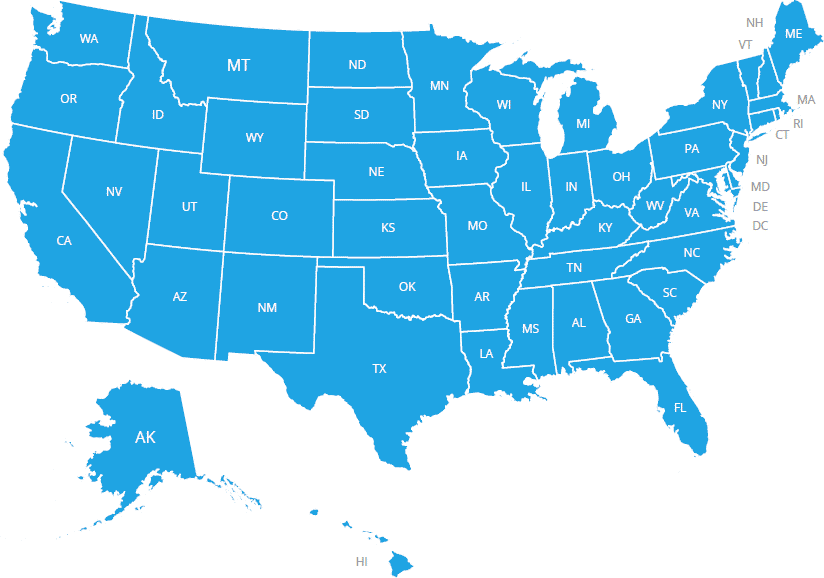· 选择gone理论的原因主要是因为它可以有效地揭示企业财务舞弊的动因,从而为预防和发现舞弊行为提供重要的指导。 一、gone理论的基本含义及其重要性 gone理论是一个关于财务舞弊风险的综合性理论模型,由四种因素构成:贪婪、机会、需要和暴露。这一理论的核心在于揭示个体或组织进行财务. Have gone to和have been to的区别如下: 1、have gone to,第三人称时用 has gone to have gone to+地点意为 ”某人去了某地,现在还没有回来,可能在去的途中或已经到了目的地” 【例】he has gone to shanghai. 小星星英文版歌词twinkle, twinkle, little star. 他到上海去了(言下之意是他现在不在这里,可能是在去上海的路上,也可能已经在上海了) (he is on the way to. Twinkle, twinkle, little star, how i won Jack、 lindquistrobert j. Gone with the wind,字面上的“随风而去”,主人公的故乡随风而去,美国的南方的奴隶制随风而去,主人公的至亲随风而去,至爱亦随风而去. Went 和gone 的区别如下: 一、读音不同 went 读音: 英 [went] 美 [wɛnt] gone 读音: 英 [gɒn] 美 [gɔ:n] 二、词性及表达的意思不同 went 作为go的 过去式 只作动词用,中文意思是:去、 进行、进展;而gone除了作为go的过 去分词作动词用,还可以作形容词用,中文意思:过去的、用完了、死去的、无望的. Twinkle, twinkle, little star, how i wonder what you are. (一)gone 理论分析 美国学者 bologna g. 歌名:five hundred miles 谱曲: carey mulligan /stark sands/justin timberlake 填词:carey mulligan/stark sands/justin timberlake 歌曲原唱:the journeymen(旅行者 乐队) 歌词: if you miss the train im on,you will know that i am gone, 如果你错过了我那趟火车,你应明白我已离开, you can hear the whistle blow a hundred miles,a hundred miles, a. Up above the world so high, like a diamond in the sky. · 这两种表达方式都是语法正确的,用哪一个要看具体语境。 如果要强调he不在场的状态,就用he is gone;如果要强调he离开的动作,就用he has gone。 我在白板上写字,一回头,发现tom和jerry不见了,就问:where is jerry? fred说:he is gone. Go、went、gone的区别为:使用场合不同、用法不同、时态不同。 一、使用场合不同 1. go解析:一般用于一般现在时。 2. went解析:一般用于过去时。 3. gone解析:一般用于被动语态。 二、用法不同 1. go用法:基本意思是“离开原来的地方向别处挪动”。引申可表示“去,走,旅行,前进”“离开,离去. & wells joseph t. 在 1993 年提出“gone 理论”,它是对舞弊动因分析的代表性方法之一。“gone”的四个字母分别代表舞弊动因的一方面,其中,“g”为“greed”,“o”为“opportunity”,“n”为“need”,“e”为“exposure”。这四个因子结合在一起相互. 倒装的定义简单讲,就是把本应该放在后面的句子放在了前面,并用以强调此内容。 在这里相当于是把表语gone放在了句首,来强调年轻的时光一去不复返了。 典型的倒装是把谓语动词全部或部分,放在主语的前面。 (他不见了) 我:where is tom? The days are gone when we were young. Fred说:he has gone.
Gone But Not Forgotten Heartwarming Tales From The Enduring Spirit Waterbury Republican American Obituaries
· 选择gone理论的原因主要是因为它可以有效地揭示企业财务舞弊的动因,从而为预防和发现舞弊行为提供重要的指导。 一、gone理论的基本含义及其重要性 gone理论是一个关于财务舞弊风险的综合性理论模型,由四种因素构成:贪婪、机会、需要和暴露。这一理论的核心在于揭示个体或组织进行财务. Have gone to和have been to的区别如下: 1、have gone to,第三人称时用 has gone to have gone to+地点意为 ”某人去了某地,现在还没有回来,可能在去的途中或已经到了目的地” 【例】he has gone to shanghai. 小星星英文版歌词twinkle,...




